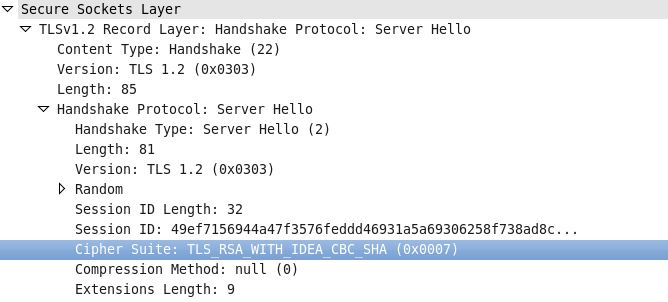Here's my interpretation:
When they write that DES and IDEA have been "removed from TLS version 1.2", they just mean literally that: They are not explained in the TLS 1.2 standard, RFC 5246. Nowhere does it say that you MUST NOT implement them.
If you were implementing TLS 1.1, you might have said, "I'm implementing TLS 1.1, specified in RFC 4346, including the IDEA cipher suite." Now you would say, "I'm implementing TLS 1.2, specified in RFC 5246, additionally incorporating the IDEA cipher suite, specified in RFC 5469."
A modern TLS implementation is derived from a dazzling array of standards, from the IETF and other standards bodies. RFC 5246 alone has dozens of references; even the "Updated by" line lists nine newer RFCs, adding a variety of cipher suites, extensions and other features, and deprecating and prohibiting others.
The official TLS Cipher Suite Registry lists all currently specified cipher suites, with links to each of their RFCs. Indeed, none of the cipher suites currently en vogue are specified directly in 5246. The list in Appendix C is brief, and largely obsolete. ECC was previously specified in RFC 4492, incorporated by reference with minor changes. AES-GCM is specified in RFC 5288. ChaCha20-Poly1305 was recently added by RFC 7905.
So, i don't think implementing IDEA is actually prohibited or undefined. It was just moved from the primary document to a separate standard to save space and discourage use. You can do it — you just probably shouldn't.
(By the way, DES is terrible and insecure. Run far, far away. IDEA is by and large decent, as ciphers go, but there are no defined TLS cipher suites that let you use it with modern key exchange or MAC algorithms, so you'd be missing out.)
On a related note, the standard for HTTP/2, RFC 7540, goes out of its way (and somewhat beyond its own scope) to make a long list of older TLS cipher suites — Appendix A — and encourage HTTP/2 implementations to prohibit them. DES and IDEA are listed. But it's not required, and this has no direct implications for general TLS implementations.

